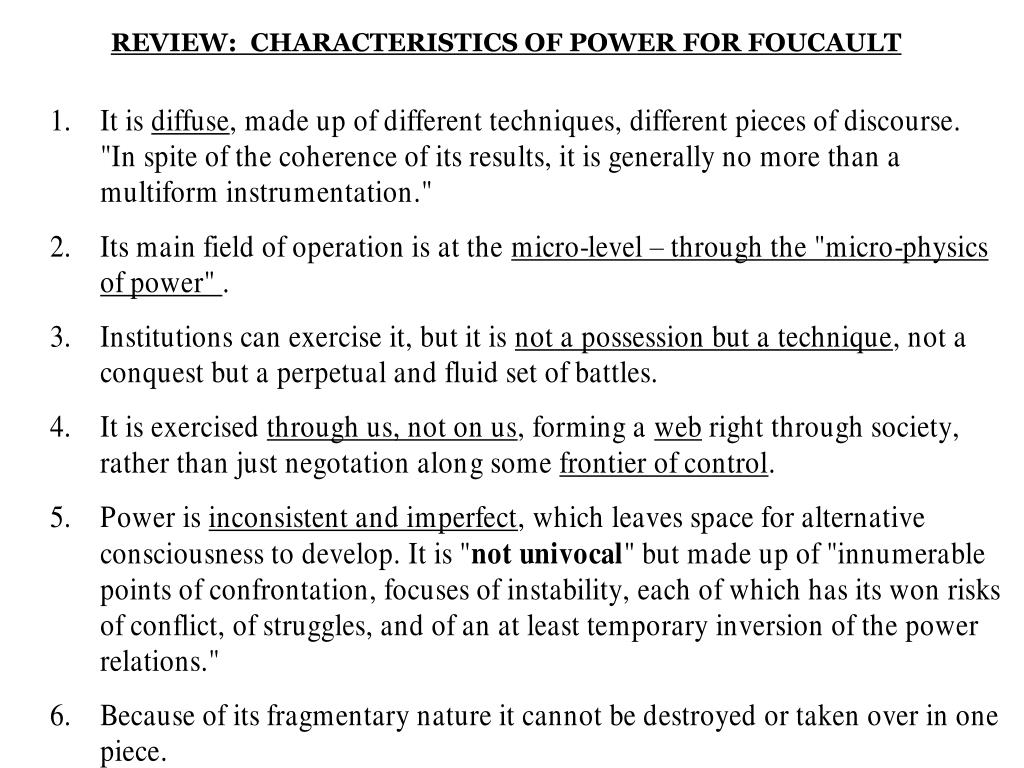
It was notable for his heavy reliance on historical study and this formed the basis for much of his work to come. Returning to France in 1959, he received his PHD for his thesis regarding madness and reason. He also spent time working in universities in Hamburg and Warsaw. In 1954, he began working in a variety of roles across Europe, spending the majority of his time abroad in the University of Uppsala in Sweden. Michel Foucault explains Punishment, Prison and Disciplinary Society

He became enthralled with the study of psychology, philosophy and the left wing theories of Marx and Hegel, even joining the French Communist Party for a brief period during the 1950’s. In 1946, he enrolled in the well respected École Normale Superieure d’Ulm. Despite his father’s protestations, Michel’s academic interest moved away from medicine and towards the humanities. He excelled academically, despite growing up during the Second World War in occupied France.

The medical profession was heavily associated with the family, his father was a surgeon and his mother’s father was also from this profession. He was initially named after his father, Paul, but preferred being referred to as Michel. Michel was born into a prosperous French family in 1926. His work revolved around history, sociology and philosophy and it remains influential in this regard today. He demonstrates how techniques such as observation, judgement and examination are utilised, throughout society, as the most efficient way to ensure control.įoucault was a ground breaking French academic who came to prominence during the 1960’s. While he does not suggest that this is the result of some grand master plan, he evaluates why it has developed in this manner and how this relates to society on a larger scale.Īs Foucault stated, the system is designed ‘to punish less, perhaps but certainly to punish better', arguing that it has resulted in a greater degree of authority among the powerful institutions.

He rejects any notion that the development of this system had been motivated by any humanitarian ideals, or that this philosophy of punishment was initially intended as a form of rehabilitation. While much study had been conducted in this area prior to Foucault, with this publication, he brought the issue to the fore in the 20 th century.įoucault analysed the development of a culture that resulted in the prison system dominating the area of punishment, as society gradually moved away from the use of torture.įoucault ultimately suggests that it is the use and subjugation of power that influences an institutions use of punishment.


 0 kommentar(er)
0 kommentar(er)
